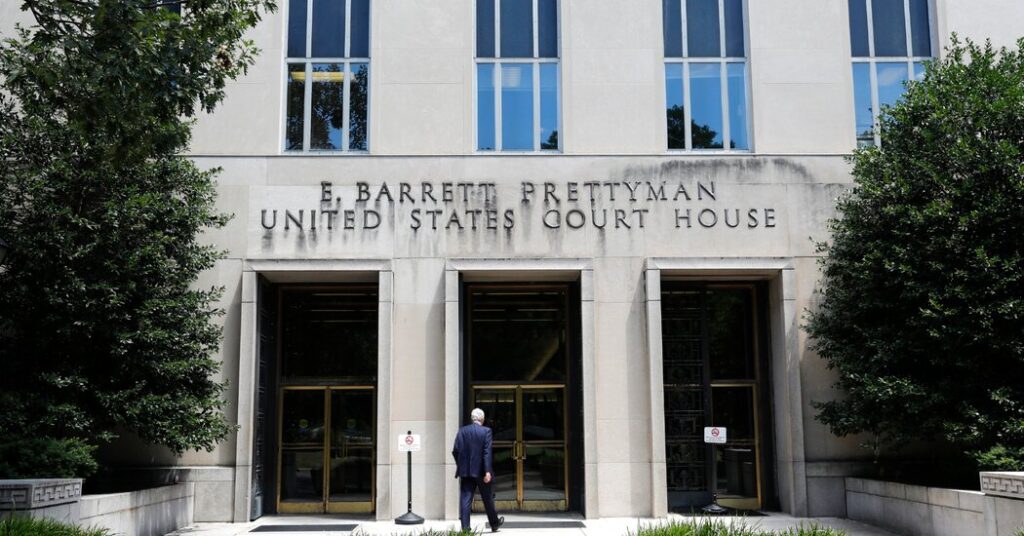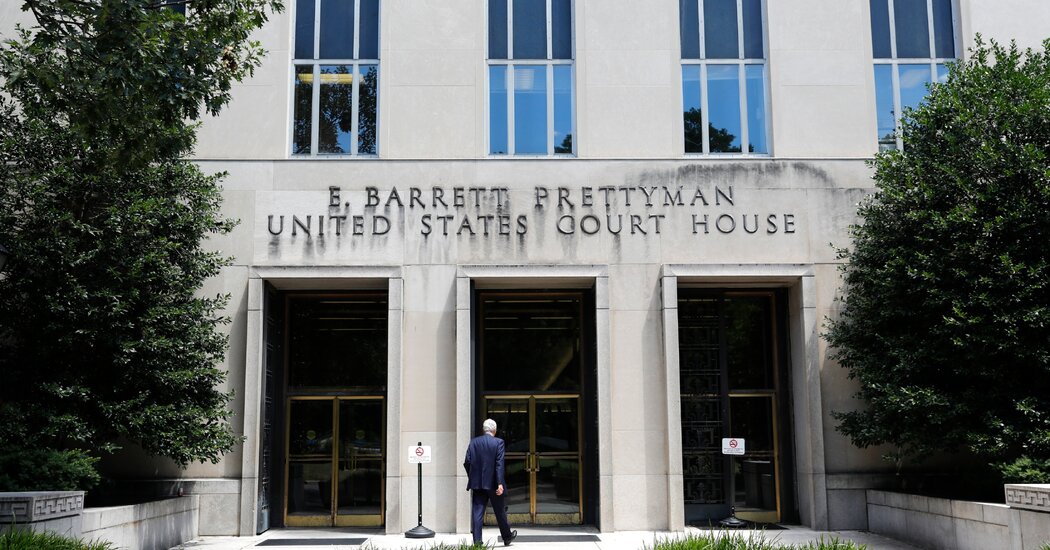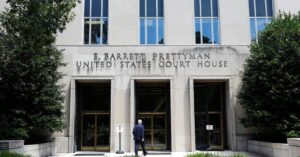U.S. Asks Judge to Break Up Google
The Justice Department said the best way to address the company’s monopoly in internet search was to force it to sell Chrome, among other measures.


The Justice Department said the best way to address the company’s monopoly in internet search was to force it to sell Chrome, among other measures.
The Justice Department said on Monday that the best way to address Google’s monopoly in internet search was to break up the $1.81 trillion company, kicking off a three-week hearing that could reshape the technology giant and alter the power players in Silicon Valley.
Judge Amit P. Mehta of the U.S. District Court for the District of Columbia ruled in August that Google had broken antitrust laws to maintain its dominance in online search. He is now hearing arguments from the government and the company over how to best fix Google’s monopoly and is expected to order those measures, referred to as “remedies,” by the end of the summer.
In an opening statement in the hearing on Monday, the government said Judge Mehta should force Google to sell its popular Chrome web browser, which drives users to its search engine. Government lawyers also said the company should take steps to give competitors a leg up if the court wants to restore competition to the moribund market for online search.
“Your Honor, we are not here for a Pyrrhic victory,” David Dahlquist, a Justice Department lawyer, said in his opening statement. “This is the time for the court to tell Google and all other monopolists who are out there listening, and they are listening, that there are consequences when you break the antitrust laws.”
Google’s lawyers countered that Judge Mehta should narrowly target his remedies. Specifically, they said, the court should look only at a group of deals that the company makes with Apple, Mozilla, Samsung and others to be the search engine that automatically appears in web browsers and smartphones. These deals were at the heart of the government’s case against the company.
Google’s proposal “directly responds to this court’s legal determinations, but it also does much more,” said John Schmidtlein, Google’s lead trial lawyer.






